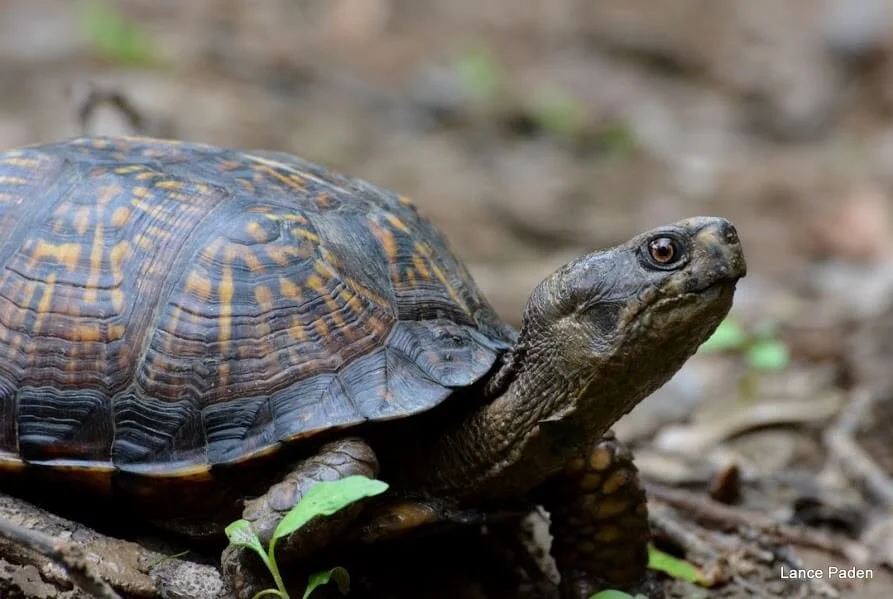
Invasive Species Task Team
Raising Public Awareness and Collaborating to Address the Impact of Invasive Species on Native Herpetofauna in the Southeast
Task Team Purpose
The Invasive Species Task Team consists of representatives from diverse backgrounds, including government agencies, academia, zoos, and the pet industry, working together to increase public awareness about invasive species. We focus on invasive species of plants and animals that negatively impact native herpetofauna, as well as invasive species of amphibians and reptiles that negatively impact the environment and people.
Our diverse group collaborates to produce educational products for distribution by herpetological societies, reptile rescue groups, nature centers, pet stores, zoos, and others. Some of our recent products are highlighted below. Feel free to download and distribute these materials to anyone who may benefit from them.
Invasive Species in the SEPARC Region
Herp Adoption Options
There are many reasons why pet owners can no longer take care of their pet reptile or amphibian. The SEPARC Invasive Species Task Team encourages that you rehome your pet. In Florida, you can contact the FWC Amnesty Program to surrender exotic pets. The Healthy Trade Institute accepts pet amphibians and some reptile species nationwide. For possible local options, you can search your state on the Don’t Let It Loose website. Above all, pet owners should never release their pet amphibian or reptile into the wild, where they could become invasive or transmit diseases to native species.
Euthanasia Procedures
In some cases, pet owners may elect to humanely euthanize a pet reptile or amphibian. We recommend that pet owners take their animal to a licensed veterinarian for this procedure. The AVMA publishes humane euthanasia procedures for most animals, including amphibians and reptiles (p. 92). Amphibian euthanasia also is discussed in this book chapter (p. 492).
Explore Our Invasive Species Resources
Invasive Species Task Team Leaders
SEPARC Task Teams
SEPARC's task teams focus on specific conservation issues related to amphibians and reptiles in the southeastern United States. These teams consist of volunteers who work on projects such as habitat restoration, research, education, and policy advocacy. Each team addresses a unique aspect of conservation, aiming to protect and preserve reptile and amphibian populations through collaborative efforts and community involvement.
-

Disease Task Team
-

Gopher Frog & Crawfish Frog Task Team
-

Education and Outreach Task Team
-

Hellbender Task Team
-

Invasive Species Task Team
-
Population Manipulation Task Team








